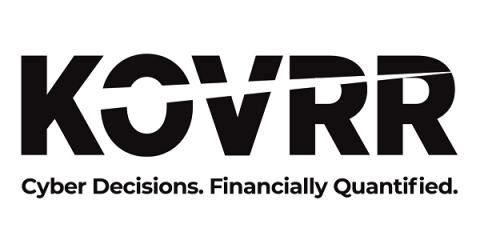How PE Firm CFOs Can More Economically Manage Cyber Risks
Private equity (PE) firms are becoming increasingly attractive targets for cybercriminals. Malicious actors are keen to capitalize on the ecosystem's access to an incredibly extensive and diverse array of sensitive data, particularly susceptible during and after M&As, as well as the notoriously low cybersecurity measures in place among the smaller businesses that some PE firms chose to hold.











